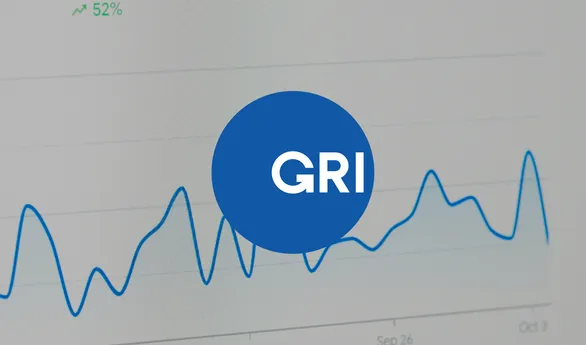At Sweep and Women and Climate’s London Climate Action Week event, a panel discussion titled “C-Suites and Boardrooms: The Role of Data” brought together experts with diverse backgrounds:
- Anna Richardson, Global Head of Supply Chain Sustainability and Diversity at HSBC
- Eve Joseph, Head of Social Impact at British Triathlon
- Manisha Shastri, VP of Net Zero Strategy at HSBC.
They shared their insights on the critical role data plays in driving climate action and sustainability within organizations.
Obtaining the right data
Anna Richardson opened the discussion by emphasizing the essential role of data in her work. “Data is crucial for managing the impact of our climate programs and monitoring them,” she said. However, she acknowledged that handling data can be overwhelming, especially when it comes to accessibility. Anna, who is currently focusing on Scope 3 emissions, highlighted the delicate balance between obtaining the right data and acquiring timely, “good enough” information. “Customer engagement helps with this,” she noted, underscoring the importance of involving stakeholders in the data collection process.
Manisha Shastri emphasizedthe importance of data governance and traceability. “Data is an enabler, but we also have to remember, ‘rubbish in, rubbish out’,” she warned. Manisha stressed that the governance and traceability of data must be given high importance, especially in regulated industries such as banking. “It’s not just about what data you get, but can you explain it? Can you trace it?” she stressed.
Leveraging data for climate action
The conversation then shifted to how data can be leveraged to drive climate action. Manisha shared a practical example from HSBC, where her team developed a tool to measure the bank’s tech-related carbon footprint. “Rather than trying to build something perfect, we built a tool that looked at one aspect: our own tech footprint,” she explained. This included machines, data centers, and cloud providers.
Despite the data being immature and based on many assumptions, it provided senior management with a quantifiable view of their footprint. “It’s not just about the bank’s lending; it’s also in your own operations,” Manisha pointed out. The tool, which started as a minimal viable product, eventually gained significant traction and was presented at COP 28.
Eve brought a unique perspective from the world of elite sport, on tailoring data to drive action. Initially, the board of British Triathlon wanted to know the organization’s carbon footprint. However, she realized that simply possessingthis data wouldn’t necessarily lead to change. “I needed to tailor the answer to the person I was talking to, to make them care about the environment,” she explained.
Eve used a compelling statistic—only 14% of rivers in the UK being clean enough to swim in—to capture attention and drive action. This led to British Triathlon galvanizing other sports bodies to found the Clean Water Sports Alliance. “Of the other seven members of the alliance, five don’t know their carbon footprint, but that doesn’t matter right now. We’ve focused our sustainability conversation around the clean water statistic because that’s what got their attention,” she said.
Career impact and insights
The panel also offered valuable advice for those aspiring to make an impact in sustainability. Anna emphasized the importance of storytelling and staying updated with technological and sustainability trends. “Sustainability will always need storytellers, to find the right language for a variety of stakeholders,” she said.
Eve encouraged integrating sustainability into your current role. “Build sustainability into the job you’re doing and prove to the person employing you that it’s essential,” she advised. This approach not only advances the ESG agenda but also demonstrates its critical importance to the organization.
Manisha concluded by noting that companies now understand that setting sustainability targets is just the beginning. “You also have to achieve them,” she said, stressing the need for actionable plans and continuous effort.
To summarize
The panel underscored the transformative power of data in sustainability initiatives: accurate, accessible, and well-governed data being essential for driving climate action and making informed decisions. By leveraging data effectively, organizations can build compelling business cases for sustainability and drive meaningful change.




